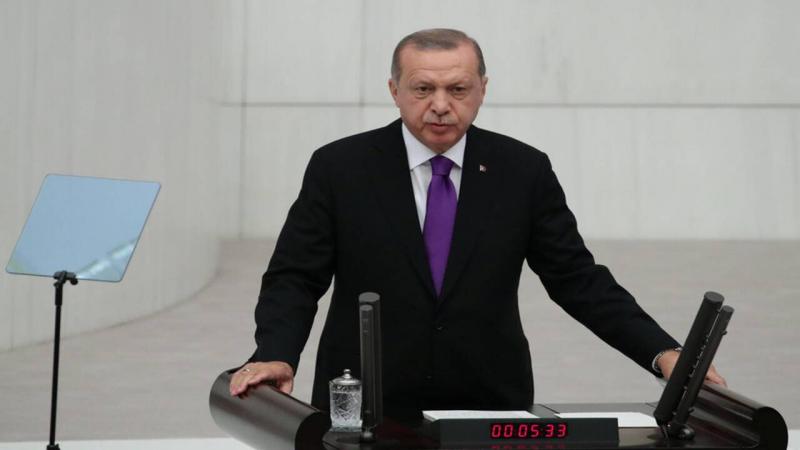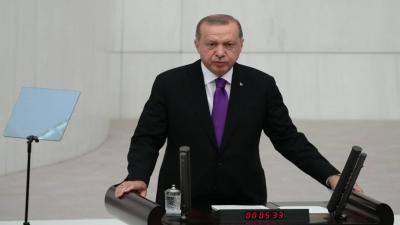Informed sources have mentioned that there is disagreement and uncertainty within Recep Tayyip Erdogan's government regarding whether to stick to what some describe as an unsustainable economic program or to abandon it, just days before the second round of Turkey's presidential elections. According to interviews with nine sources, including government officials and others familiar with the matter, non-government members of the ruling Justice and Development Party (AKP) have held gatherings in recent weeks to discuss how the party could adopt a new policy of gradually increasing interest rates and implementing a targeted lending program.
Four of the sources, who requested anonymity to discuss the private meetings, stated that Erdogan did not participate directly in the talks, which were attended by some party members who do not hold government positions but have held significant roles in the past. On the other hand, there are officials and individuals from the government who openly express their desire to stick to the current program that aims to boost exports and stimulate economic growth by lowering interest rates and through closely monitored foreign exchange and credit markets.
Given Erdogan's progress in the first round of elections, many things are at stake for Turkey, a large emerging economy grappling with a cost-of-living crisis and a series of currency depreciations. With declining foreign reserves, some analysts suggest that Turkey may face another economic crisis as early as this year, leading to an increase in inflation again and affecting the balance of payments unless the government changes its course.




